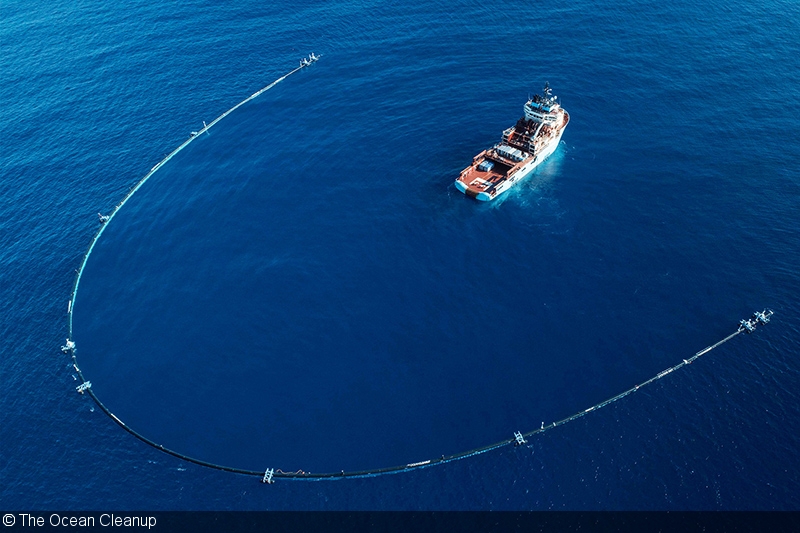Consider marine plastic contamination, and the picture of an ocean turtle stuck in a six-pack ring may jump to mind. Or on the other hand in later days, the fervently challenged plastic straw. In any case, another report by Greenpeace UK found that lost and relinquished angling gear really represents most of huge plastic contamination on the planet’s seas.
In excess of 640,000 metric tons (think 55,000 twofold decker transports) of nets, lines, pots and traps utilized in business angling are dumped into the ocean consistently, as indicated by The Guardian.
In one case off the bank of Oaxaca, Mexico, a year ago, around 300 ocean turtles were discovered dead because of entrapment in “ghost gear,” the term used to allude to angling gear that is lost or surrendered in the sea.
Phantom rigging is evaluated to make up 10 percent of sea plastic contamination altogether yet it makes up the greater part of the sea’s huge plastic contamination. One study found that apparition rigging made up as much as 70 percent of macroplastic contamination discovered coasting on the outside of the sea. Both microplastic and macroplastic litter the world’s waters. Macroplastics, similar to the phantom apparatus, can be seen with the unaided eye. Microplastics incorporate plastic particulates which are as of now minute in size before entering the sea just as auxiliary microplastics from the breakdown of bigger plastics, for example, soft drink containers or plastic packs.
Current plastics are thought to last as long as 600 years in the marine condition, “so the impacts of plastic ingestion and toxicity may persist long after fishing gear loses its form,” as per Greenpeace.
Louissa Casson, a seas campaigner at Greenpeace UK, said the outcomes state as much about the issue off U.K. shores as they do about the issue around the world.
“Ghost gear is a major source of ocean plastic pollution and it affects marine life in the U.K. as much as anywhere else,” they told The Guardian. “The U.K.’s waters do not exist in a vacuum, as oceans have no borders. The world’s governments must take action to protect our global oceans, and hold the under-regulated fishing industry to account for its dangerous waste. This should start with a strong global ocean treaty being agreed at the United Nations next year.”
An ongoing report found the Great Pacific Garbage Patch, a huge load of marine flotsam and jetsam bound together by sea flows whirling in the Pacific, includes 42,000 metric huge amounts of megaplastics, 86 percent of it from angling nets.
Greenpeace said apparition apparatus was the outcome of unlawful or unreported angling, yet in addition of stuffed fisheries.
Greenpeace said phantom apparatus was the outcome of unlawful or unreported angling, yet in addition of packed fisheries.
The first Daniel Potter store was opened in 1994 in Oxford Street,London, and there are now 11 stores throughout England, Scotland and Wales. The first Australian Daniel Potter concession opened in a Sydney Myer store in November 2016
Disclaimer: The views, suggestions, and opinions expressed here are the sole responsibility of the experts. No Gazette Maker journalist was involved in the writing and production of this article.

